For many, Kingdom Come: Deliverance 2 is a game that stands out for its incredible attention to detail, hyperrealism, and simulation-style game mechanics. These are all unique strengths of the title, to be sure, but it’s also a solid, meat-and-potatoes video game, nailing all the essential elements of the action-RPG genre while offering a diverse, emergent open-world.
A big part of Kingdom Come: Deliverance 2‘s suite of strong fundamentals is its progression system: like any good RPG, players will experience a well-paced power creep during their time with the game. This sense of progression is supported by new gear, abilities, and upgrades to various stats, allowing KCD2 to recapture the zero-to-hero magic of its predecessor. But its particular approach to leveling and growing stronger is worth noting as an evolution from what’s seen in games like Oblivion, and long before it, Final Fantasy 2.
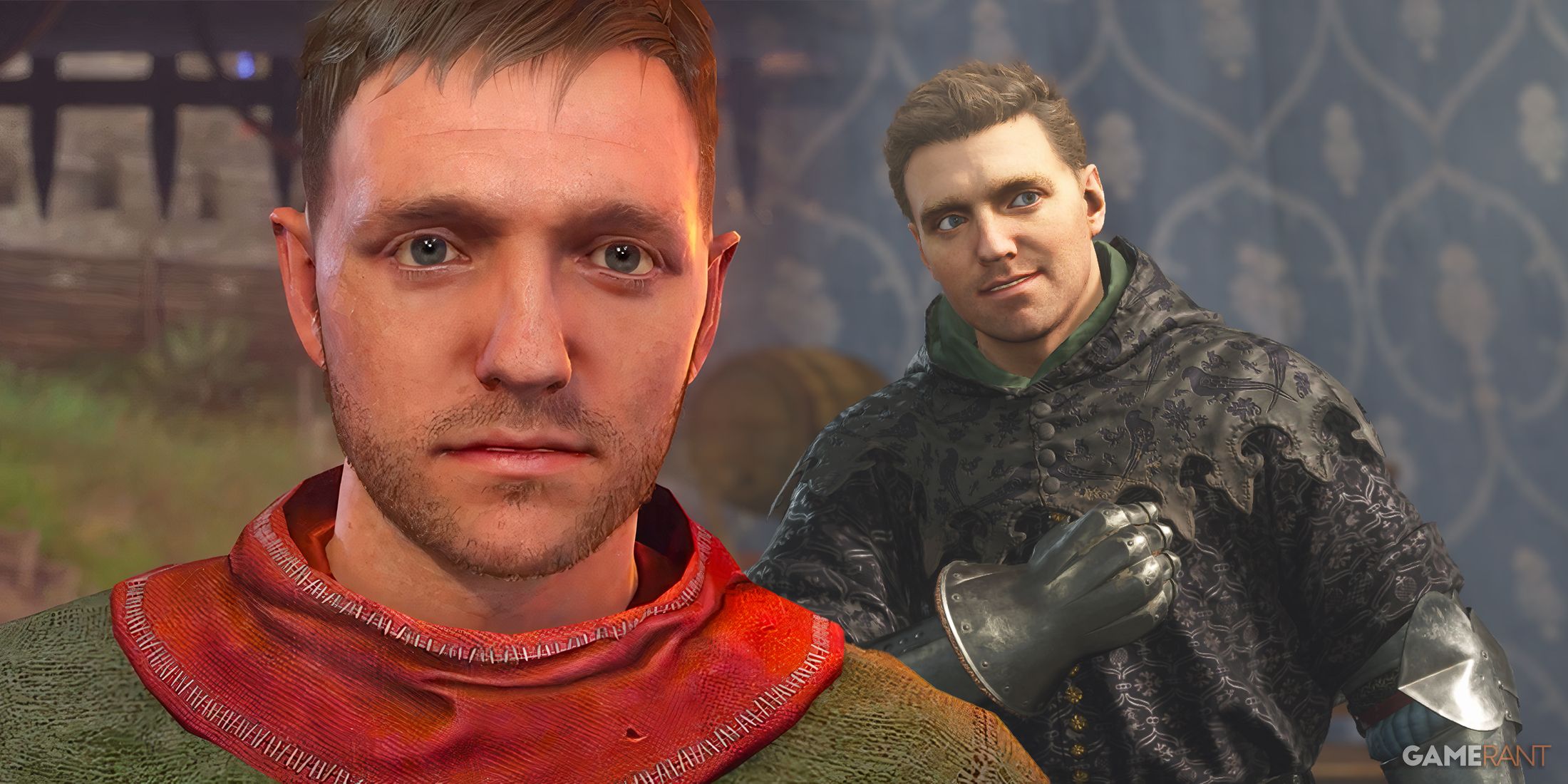
Related
Kingdom Come: Deliverance 2’s Success Makes a Strong Case for a Remake of the Original
Kingdom Come: Deliverance 2’s somewhat surprising success is evidence enough that with a new coat of paint, the first game could finally get its due.
Final Fantasy 2 Walked so Kingdom Come: Deliverance 2 Could Run
Final Fantasy 2’s Leveling System Is Prototypical of KCD2’s
To level up in Final Fantasy 2, players are required to use the actual skills that they are attempting to improve. For instance, if a player wants to increase their physical attack, they must use more physical attacks in combat, if they want to increase their defense, they need to sustain more damage, and so on. This is, of course, quite similar to what players would experience in The Elder Scrolls games, and later the Kingdom Come series, which drives home the value of such a design approach.
By gradually granting XP through specific tasks and behaviors, Kingdom Come: Deliverance 2 offers a seamless and synergetic progression model: players will naturally get better at the playstyle they favor, rather than having to preemptively invest in specific skills or traits. This is a nice change of pace from other RPGs, which prompt players to invest XP or skill points in a variety of different categories from the outset, thus encouraging commitment to a specific style of play before one has gotten their bearings. Games like KCD2 and Final Fantasy 2 keep the cart behind the horse, as it were, allowing for greater flexibility and a more natural long-term gameplay experience.
Why Kingdom Come: Deliverance 2’s Leveling System Is Better than FF2’s, The Elder Scrolls’
Final Fantasy 2, like most Final Fantasy games of its era, is turn-based, meaning that good gameplay is more about strategy and forethought than mastering a specific skill. Moreover, its gameplay variety is typical of its era, in the sense that there isn’t much of it. Similar points can be leveled against the likes of Skyrim, where fighting with a one-handed weapon isn’t meaningfully different from using a two-handed one, blacksmithing isn’t meaningfully different from alchemy, et cetera. But Kingdom Come: Deliverance 2 is decidedly different in this regard.
Variety and challenge are central to Kingdom Come: Deliverance 2‘s identity. Seemingly menial tasks like blacksmithing and alchemy are interactive and engaging, far more than just sifting through a menu, and the game’s combat has received no shortage of praise for its complexity and high skill ceiling. This granular style of gameplay buttresses the aforementioned leveling system in a way that isn’t seen in the likes of FF2 and The Elder Scrolls, where mechanical complexity takes a back seat to linear skill progression. Through these design pillars, players will intrinsically improve at any in-game skill at the same pace as Henry, making for a much stronger player-game connection over the course of so many hours.
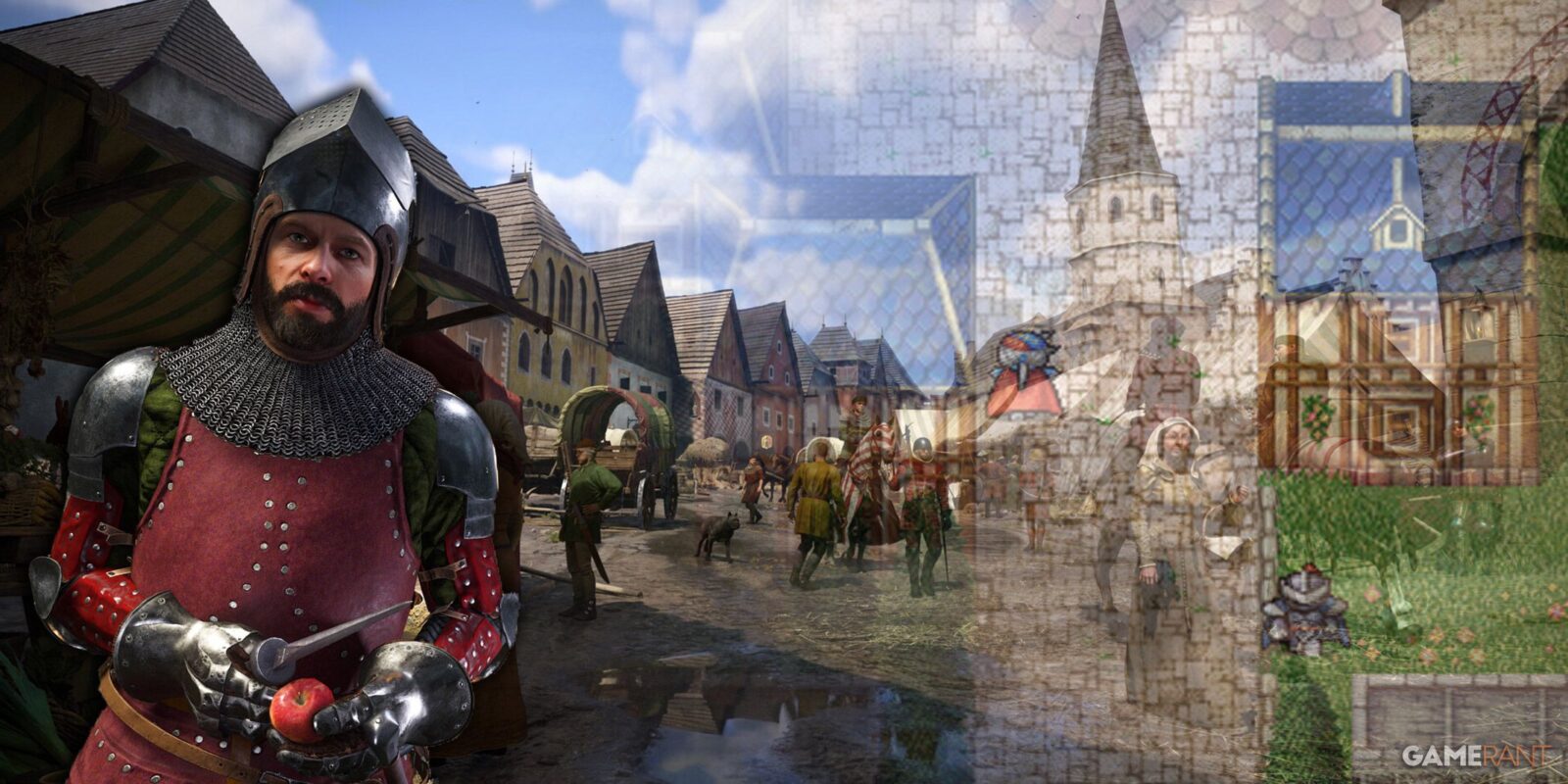
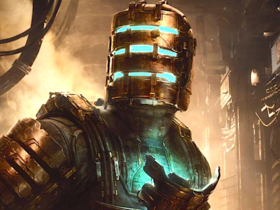
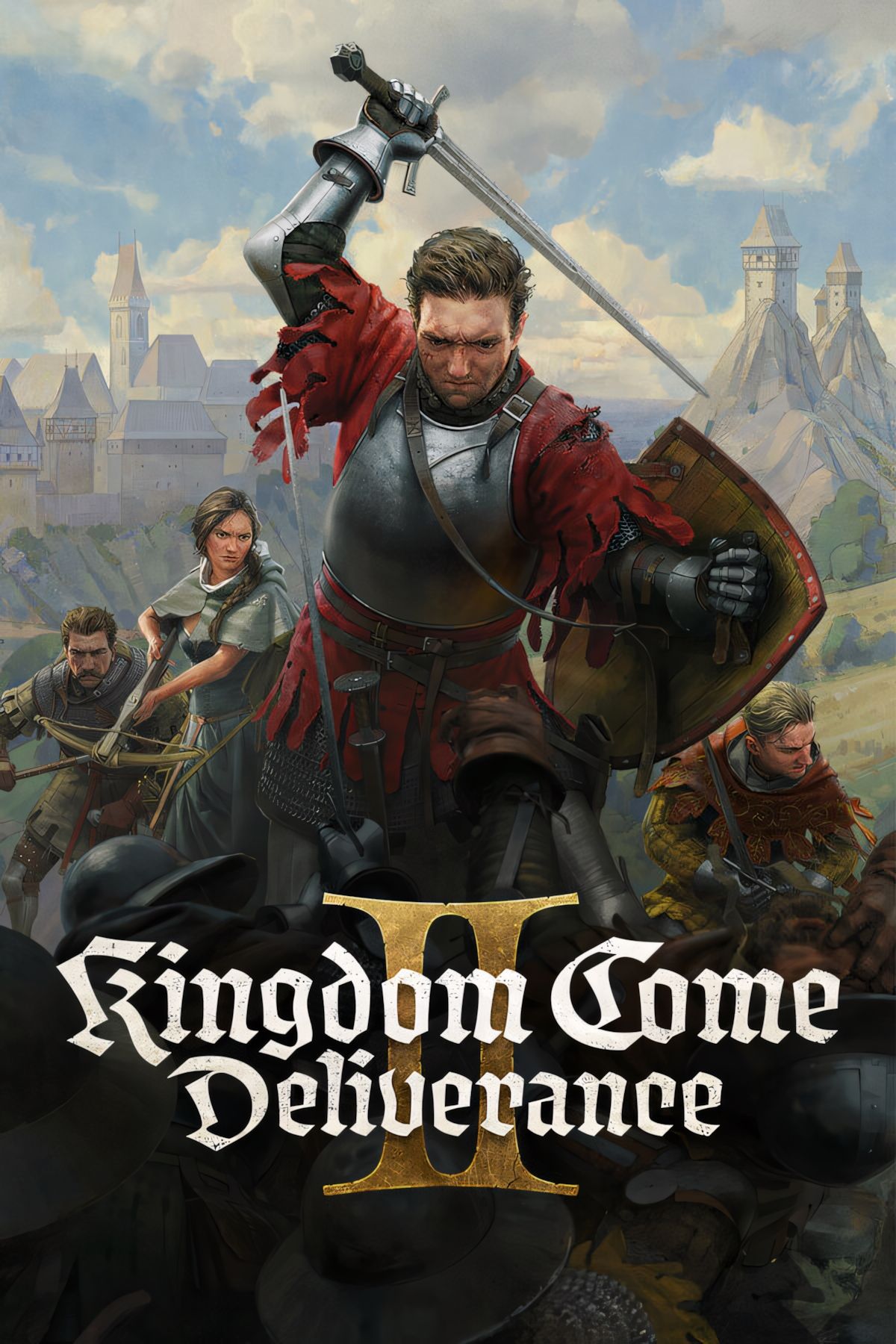




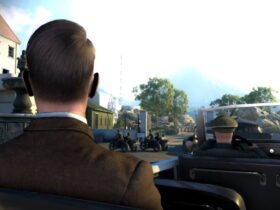
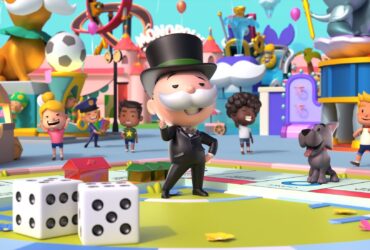




Leave a Reply